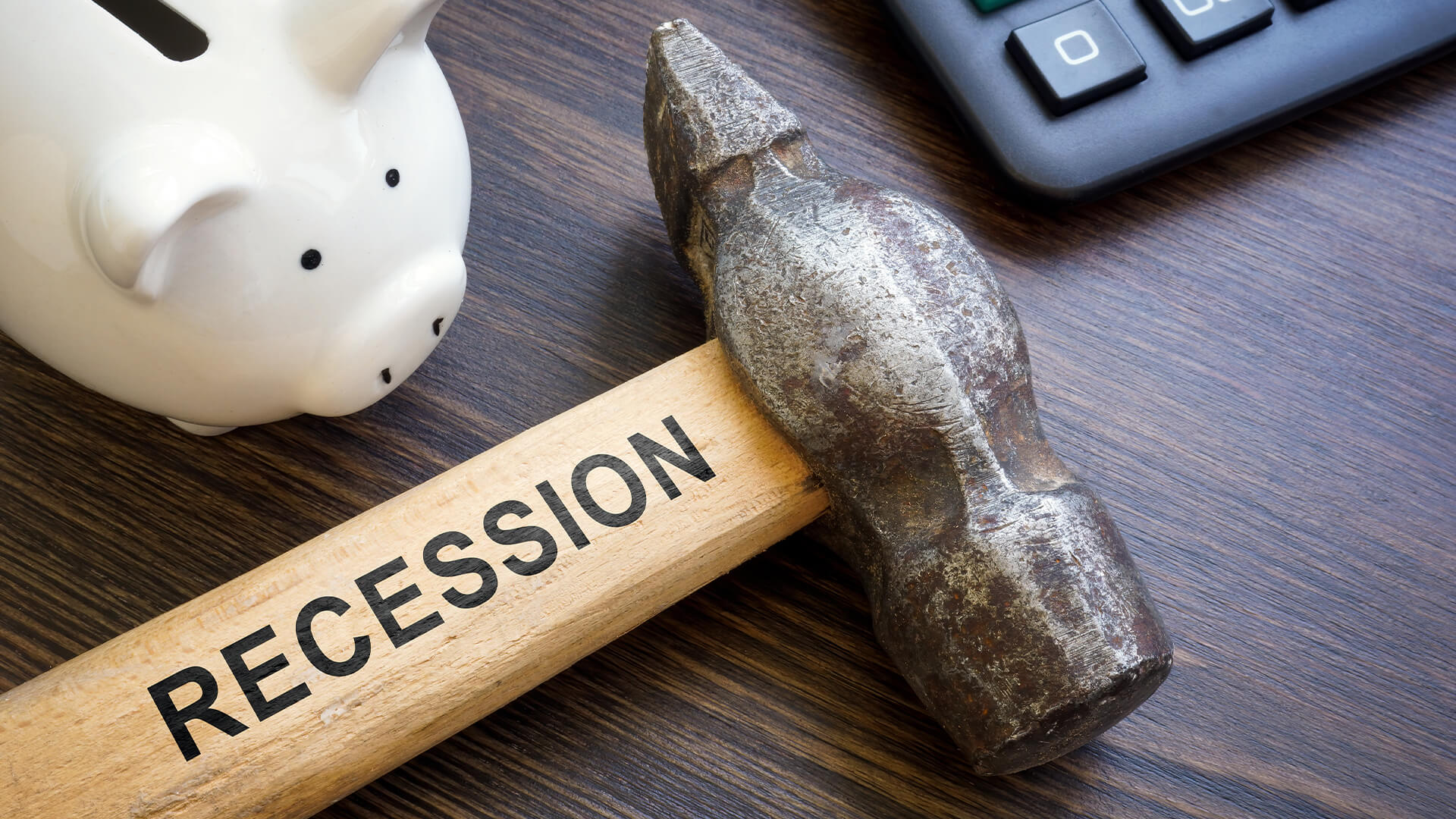
If you’ve watched the news lately, you may have seen that the global economy has been in a recession since mid-2020. If you haven’t been able to secure a steady job yet, it can be hard to keep up with your expenses. It’s more important now than ever to learn and practice money-saving tips so that you can make ends meet during these tough times. In this article, we’ll explore 11 of the best ways to save money and whether this recession with ease. From reducing unnecessary costs to cutting back on impulse purchases and more, let’s jump right in!
Live within your means.
One way to do this is to create a budget and stick to It. A budget will help you track your spending and ensure that you are not overspending. It is also important to save money each month, even if it is just a little bit. Having a savings cushion will help you in case of an emergency or unexpected expense.
Finally, be sure to plan for the future by investing in yourself and your career. Investing in your education and skills will pay off in the long run, even during tough economic times.
Make a budget and stick to it.
To save money, it is important to first create a budget. Determine what your regular expenses are and track where your money is going. Once you have a clear understanding of your spending patterns, you can adjust ensure that your spending aligns with your goals and values.
Once you have created a budget, it is important to stick to it. This may require making some tough choices and sacrifices, but it will be worth it in the long run. Try setting up a system that makes it easy to track your spending and stay on track. Automating bill payments and setting up alerts can help you stay organized and avoid overspending.
Invest in yourself – learn new skills and get a better education.
It’s important to remember that during a recession, your biggest asset is yourself. Invest in yourself by learning new skills and getting a better education. Not only will this make you more valuable to employers, but it will also give you the confidence to weather any economic storm.
Getting a higher education is also a great way to invest in yourself during tough economic times. If you’re not sure whether going back to school is the right choice for you, consider taking just one or two classes to start.
Search for offers and coupons
In a recession, every penny counts. To make your money go further, search for offers and coupons before making any purchase.
One great way to save money is to use coupons from GrabOn. You can find a range of coupons for just about anything these days, from groceries to clothes to travel, you name it, it has it covered. Couponing can help you get the best deals on the things you need and want. Another great way to save money is to compare stores.
There are many ways to find coupons and discounts. Check relevant couponing websites to find your favorite stores offering deals and see if they have any current promotions or coupons available.
Invest in quality, not quantity.
It’s tempting to save money by buying cheap, off-brand items, but this is often a false economy. Cheap products are often lower quality and don’t last as long, which means you’ll have to replace them more frequently. In the long run, it’s better to invest in a few high-quality items that will stand the test of time.
Importance of An Emergency Fund
An emergency fund is important for several reasons. First, it provides a cushion in the event of an unexpected financial setback, such as a job loss or medical emergency. Second, it can help you avoid going into debt to cover unexpected expenses. Third, it can give you peace of mind knowing that you have a safety net in place in case of an emergency.
Building up an emergency fund takes time and discipline, but it is worth the effort. Start by setting aside a small amount each month, even if it is only 7000 or 11000. As your savings grow, you can increase the amount you contribute. The key is to make sure your emergency fund is easily accessible so you can use it when needed. If you don’t have an emergency fund yet, start building one today. It could be the difference between weathering a financial hardship and falling into debt.
Get rid of debt.
Debt is one of the biggest financial burdens that can keep you from saving money and surviving a recession. If you’re in debt, now is the time to start getting rid of it.
Save for retirement now.
The most important money-saving tip during a recession is to save for retirement now. It may seem counterintuitive to save money when you’re struggling to make ends meet, but it’s important to remember that retirement is a long-term goal. By contributing to a retirement account, you’ll ensure that you have money saved when you need it most.
There are a few different ways to save for retirement. One option is to contribute to a 401(k) or 403(b) plan through your employer.
Get creative with your living situation
Living cheaply doesn’t have to mean living poorly. There are plenty of ways to cut costs without cutting corners. For example, if you’re currently renting an apartment, consider moving in with roommates to split the cost of rent and utilities. If you own a home, think about taking in a renter to help with the mortgage payments.
Other creative ways to save money on your living expenses include:
- Carpooling or taking public transportation instead of driving your car
- Downsizing to a smaller home or apartment
- Cutting back on your cable and internet service
- Eating out less often and cooking more meals at home
- Shopping at thrift stores and garage sales for furniture and household items
Use cash only for purchases – no credit cards!
To save money, it is important to use cash only for purchases and avoid using credit cards. This will help you stay within your budget and avoid any unnecessary debt. Additionally, you should make sure to keep track of your spending so that you can see where your money is going. By following these tips, you will be able to survive a recession and save money in the process.
Make extra money – get a part-time job or start a home business
In today’s economy, many people are looking for ways to make extra money. A part-time job or starting a home business are two great options.
A part-time job can give you the extra income you need to make ends meet. It can also help you build your resume and gain new skills. Starting a home business is another great way to make extra money. It can be a great way to supplement your income or even replace your full-time job if it’s not working out.
Conclusion
In conclusion, there are many ways to save money and survive a recession. By following these tips, you can make sure that you and your family are financially secure during tough economic times. Hope you enjoyed reading through this blog post.



